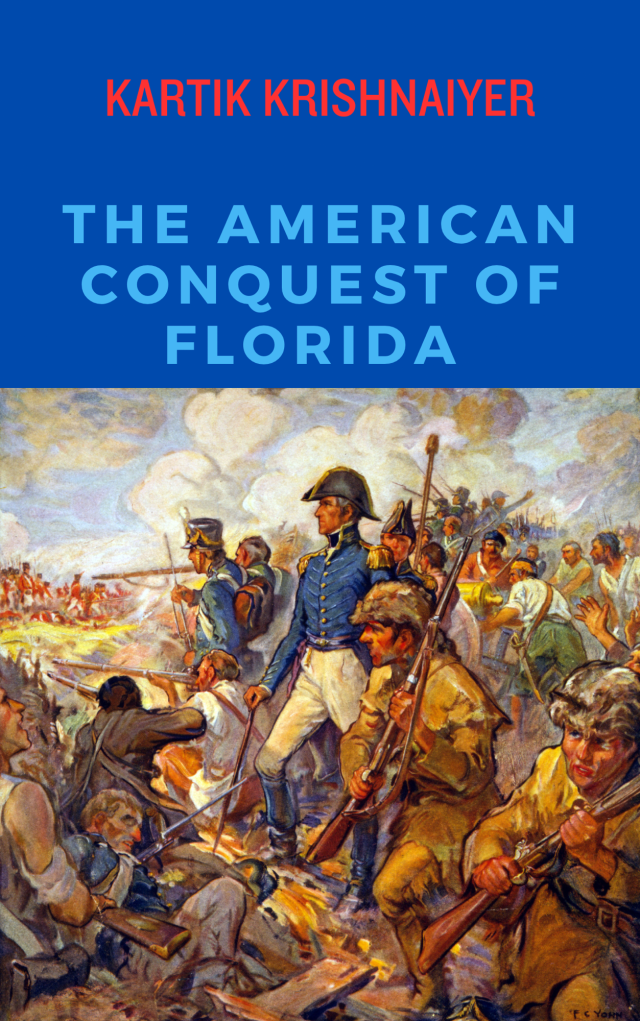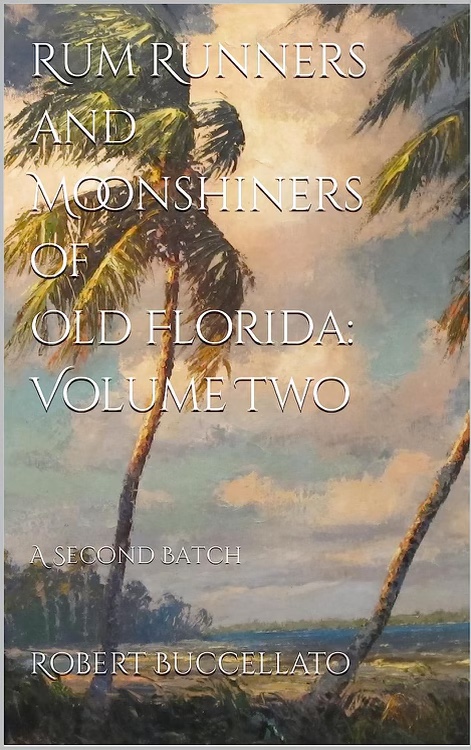By Dave Trotter
Nowadays, North Florida is just an afterthought when it comes to statewide Democratic primaries. In the 2014 primary for governor, North Florida only consisted 18.94% of the overall primary vote total. Compare that to 29.38% it represented in 2002, and it is easy to see the influence of North Florida has lessened over the years. However, does that mean that its importance in the primary is any less than previously?
With the 2018 Democratic primary for governor on the horizon, North Florida can play a crucial role in several ways. First, in a four-way race for governor, support in North Florida can end up tilting the scale toward one candidate. But second, and possibly more important, the North Florida results could give us some insight into whether the Democratic nominee for governor will be competitive in November. Let me explain.
Before discussing the 2018 scenario, it is important to understand the voting trends in North Florida over the last few election cycles. In 2016, I looked at the North Florida vote, and tried to figure out why Brian Moore, a self-proclaimed socialist, had a strong showing in the 2010 Democratic primary against Alex Sink. The examination resulted in a few conclusions, but this is the main takeaway:
“Using aggregate-level data to understand the “Brian Moore Phenomenon” in 2010, we see that North Florida and Panhandle Democrats are more concerned about local races than they are about races at the top of the ticket. Also, it is probable that many of these ‘registered Democrats’ now identify as Republicans, but do not change their registration because local races usually do not require registration change (as many in Florida are now non-partisan). So, when these voters are voting for governor in the primary, they usually do so as a protest vote or try to pick the worst general election candidate and are probably supporters of the Republican nominee.
The reason this happens is primarily due to the fact that Florida is a closed primary state. If Florida were to open its primary process, most of these voters would probably select a Republican ballot, and Democratic numbers would decrease drastically. However, if there had been an open primary in 2010, Alex Sink would have probably won these North Florida counties by a larger margin.”
As we can see, Florida being a closed-primary state will lead to skewed results for statewide underdog candidates in North Florida, but also show significant lack of participation in top-ballot races, since most races that drive political participation are those at the bottom of the ballot. So, in a nutshell, this is what drives electoral performance in North Florida.
The most important part of the primary vote in this region has to do with electability. Unlike the last two Democratic primaries for governor, there is not a clear front-runner and a clear-underdog. Instead, there are two candidates (Graham and Levine) who are very strong, while two others (King and Gillum) are not that far behind. With it being anyone’s race, it is much harder for registered Democrats in North Florida to identify a clear underdog candidate.
Interestingly, the candidate who probably has the most significant ideological difference with North Florida voters is Philip Levine. However, he is also considered the front runner for the last few months. So, he really does not fit the underdog status that usually benefits candidates in North Florida. Yet, he also might be seen as the most unelectable candidate by voters in North Florida. This may result in Levine performing quite well in North Florida in the primary but falling off dramatically in the general election. Still, North Florida could help Levine win the primary, as odd as that sounds.
But let’s shift over to Gwen Graham. She has an electoral history in the region and beat an incumbent in a Republican year. Additionally, Graham is more ideologically aligned with the North Florida region than Levine. A strong showing for Graham in the primary does not necessarily mean that she will perform well in North Florida during the general. If Graham performs well, then the turnout becomes important. If 18% or more of the Democratic primary vote comes out of North Florida, and Graham dominates the voting, then she will probably perform quite well in the general, swinging some counties back to the Democratic side.
There are two dark horse candidates in the race, however. Chris King, with his traditional Florida twang and more moderate stances on social issues, seems to be a candidate that could dominate the North Florida region. With a good showing in Central Florida, North Florida could put King in a strong position for a primary win, though the odds are against it. As for Andrew Gillum, who knows what the heck is going to happen there. There are too many variables to that campaign. While the progressives are in love with him, he does have a lot of “guilt by association” problems. North Florida voters are more likely to know about these problems than progressives in the southern part of the state. Therefore, I don’t see Gillum performing well with non-black North Florida voters, even though he is from Tallahassee.
Whether or not North Florida plays a pivotal role in the primary is solely based on turnout. In 2002, strong North Florida turnout that supported Bill McBride was able to offset significant gains by Janet Reno in Broward, Palm Beach, and Miami-Dade Counties, making Central Florida they key to victory. In 2006, Rod Smith had a strong showing in North Florida, and even won in Miami-Dade and Palm Beach Counties. However, overall turnout in North Florida was weak. With that, Jim Davis’s strong showing in Central Florida ended up tilting the close primary toward Davis. I guess the moral of this paragraph is that Central Florida plays a more prominent role is determining the Democratic nominee that expected in the past (with so much attention being given to North and South Florida).
However, this is 2018, and the Florida Democrats are on the brink of nominating only their third Southern Floridian for the office of Florida governor, with Robert King High and, ironically, Bob Graham, being the other two. In the cases of High and Graham, North Florida performance was reflected in the general election vote. High lost North Florida to Governor Haydon Burns, even though he won the primary with a strong performance in South and Central Florida yet lost the general election to Claude Kirk. Bob Graham, in another ironic twist, lost his home county in the Democratic runoff, but had a strong performance in the general election.
As much as progressives might not want to admit it, North Florida can still make or break a candidate’s chance of winning both the Democratic nomination and the election. If there is a large turnout in North Florida during the primary, and they cast their votes for Gwen Graham, then she looks to be in the driver’s seat for the general election. However, if the election is a low turnout affair, or Levine performs strong in the region, North Florida will be a tough nut to crack for Democrats in the general election.







Your conclusion should be the headline. If the Democrats want to see the first Democratic Governor in over 20 years, than they need to nominate Gwen Graham.
LikeLike
Not necessarily. If Graham does well in North Florida and gets the nomination, then yes, it will help her. And while I do say that North Florida has been a good indicator in the past for South Florida politicians, we have to remember that the last time there was a South Florida nominee for governor was in 1982, five years before I even moved to Florida. The political landscape has changed since then, and one of the biggest problems for Democrats has been poor turnout in the “big three” counties. My gut feeling is that Graham will not be able to turn out voters in South Florida like Levine will (in the general that is). Graham’s success in the North is just one path of many, I feel, for Democratic victory. Other candidates have other paths (except Gillum, I think he would get destroyed in the general election).
LikeLike
Gillum’s potential problems in a GE could be scandal-related. Very quietly Republicans in Talalahssee are salivating about the possibility of him being the Dem nominee because of all the apparent corruption in the city of Tallahassee including an FBI investigation and also some other sloppy (really silly) mistakes Gillum is alleged to have made.
LikeLike
Please define “North Florida.” TY.
LikeLike
North of Marion County, but these numbers also include the Panhandle. So, technically, the Panhandle and North Florida.
LikeLike
This North Florida Progressive rather have Andrew Gillum. Graham will never get a vote from me. Ever. Her voting record as Congresswoman for FL02 is all any progressive needs to know about her.
LikeLike